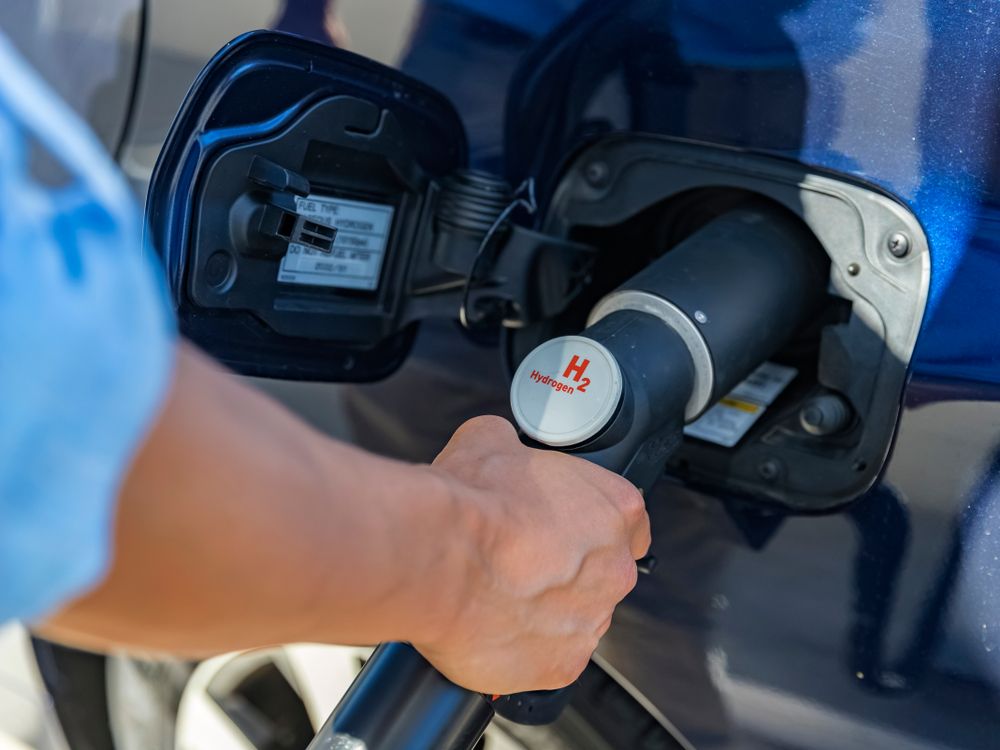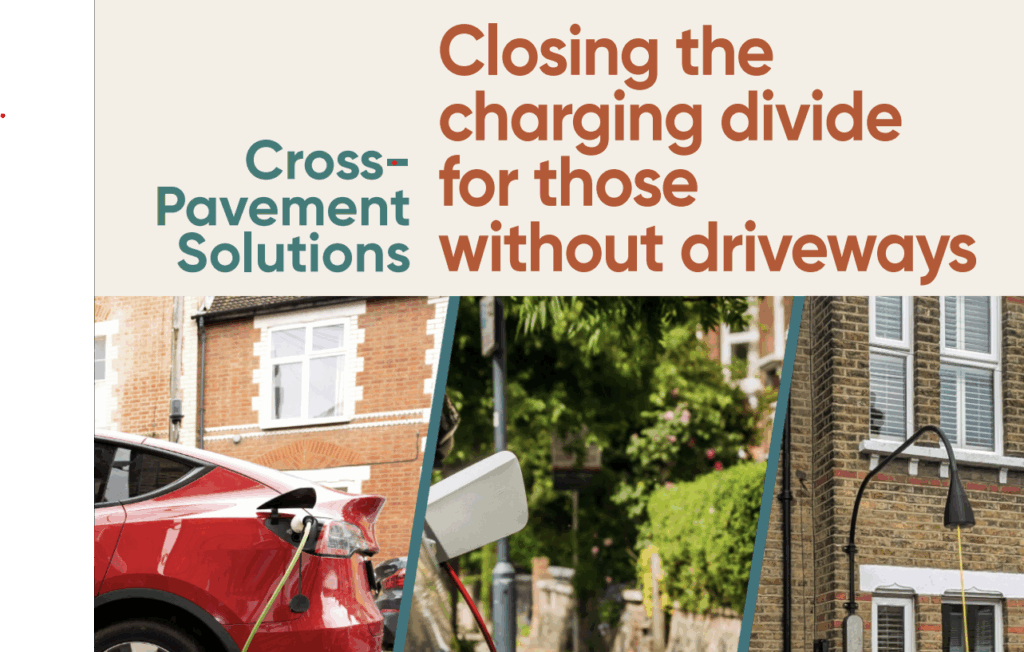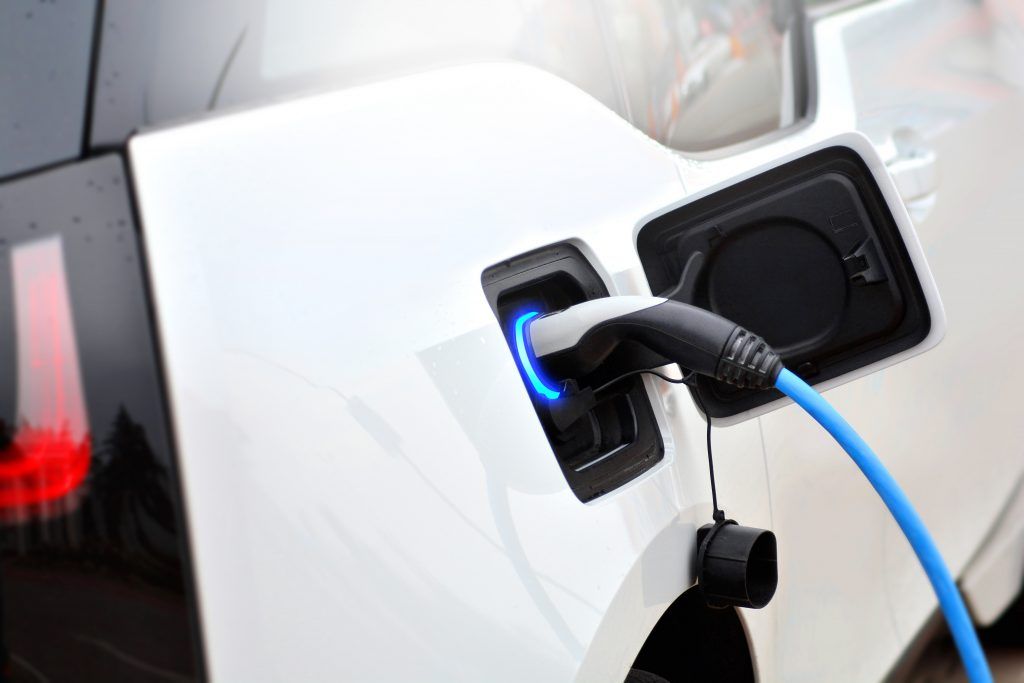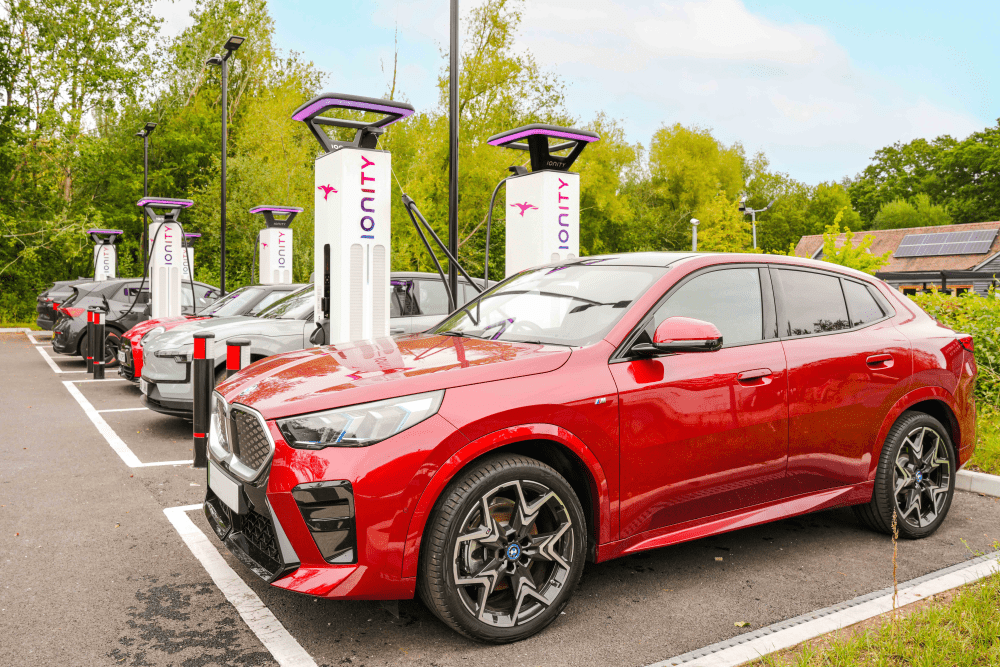The critical role of hydrogen in the decarbonisation of transportation and energy has been outlined through a European project, Hydrogen Mobility Europe (H2ME).
This flagship scheme, involving 50 companies, included a dataset of 630 hydrogen fuel cell EVs across 10 countries and 37 refuelling stations in 8 countries. The information includes 14.5 million kms of travel and 147 tonnes of hydrogen dispensed, including 68,000 refuelling events.
It concluded from the first phase that national and international incentives for low carbon hydrogen, which are competitive for vehicle operators alongside other zero emission vehicles, would mean the fuel source could be a part of a green mix. National, regional, and local policies are also needed to ensure continued development of the industry as well, the report claimed.
Incentives such as purchase grants and tax exemptions will unlock demand from vehicle operators and bring market confidence to vehicle suppliers, it said. Also, financial support applied per unit (kg) of hydrogen sold, similar to the feed in tariffs, which were applied to stimulate early renewable energy uptake, will lower the price of green hydrogen at the pump.
The second phase of deployment will focus on developing refuelling stations, increased options for producing green hydrogen, and targeting a wider range of vehicles.
Bart Biebuyck, executive director at Fuel Cells and Hydrogen Joint Undertaking (FCH JU), said: “The first phase of H2ME has demonstrated that light duty hydrogen fuel cell vehicles are performant and nearing market competition with other zero emissions vehicles for high mileage applications, like taxi fleets.
“In addition, our flagship project was successful in supporting the onset of a European H2 infrastructure for road transport. Today, Europe has a card to play: By integrating these learnings into the heavy duty truck sector, it can capitalise on best practices of vehicles fleets and infrastructure management, making an essential contribution to a green post-Covid recovery of our economy.”
Ben Madden, director at Element Energy, said: “We are pleased to share the results and findings of the H2ME 1 project. This project would not have been possible without the support from the FCH JU and commitment of all partners involved.
“Grants to support early stage commercial deployments are a critical step in the path towards commercialisation and will remain one of the key financial tools at the European level in the coming year to develop solutions for zero-emission mobility.
“Amid rising pressure to reach decarbonisation goals, hydrogen technology represents a low carbon and low emission energy solution that can play a vital role in the next steps addressing a transition to clean energy, not only for passenger vehicles, but also heavy-duty trucks, marine vessels and even aviation.”











